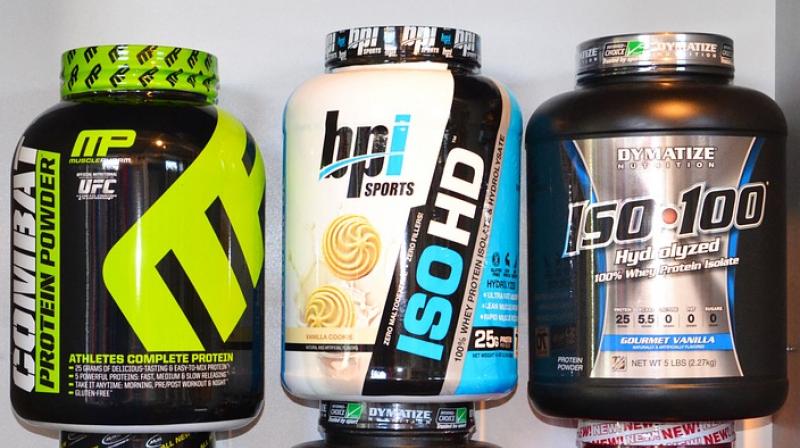Were protein supplements the real cause of this woman’s death?
Beware of any undiagnosed medical conditions before making a major change in your diet.

A high-protein, no-carb diet aids quick weight loss. Due to its immediate results, several people follow this diet. While its health benefits are greatly lauded, the down-side of this kind of diet is often overlooked.
In 2017, Meegan Hefford, a 25-year-old mother of two, passed awat after she followed a protein-heavy diet. The excess protein consumption triggered an undiagnosed condition called urea cycle disorder. It led to a build-up of fluid in her brain, which eventually led to her death.
Two years after her death, Hefford’s mother, Michelle White, is asking the health industry to enforce regulations on protein shakes and supplements that led to her daughter’s untimely death. "Only certified nutritionists should offer advice on dieting, and I urge people to get medical checks before drastically changing their food intake," White told Mirror UK. "It's too late for Meegan, but I hope by sharing her story she can save another family from this pain."
Hefford had developed a passion for fitness after having her first child. This passion developed into an obsession after the birth of her second child. She was crippled by post-natal depression and took medication for it. That medication made her gain weight and thus, she started compulsively exercising. In a bid to transform her body, she took part in several bodybuilding competitions. They required her to follow an intensive workout regime and very restrictive diet.
"Her meals were always the same," said White. "Chicken, red meat and egg whites, sometimes with steamed veggies on the side, and always a protein shake to wash it all down."
Hefford was unaware that she suffered from urea cycle disorder, which prevented the body from processing all the protein she was consuming. This is a genetic disorder caused by a deficiency in one of the six enzyme that play a role in the urea cycle.
"In healthy people, the liver supplies several enzymes to convert nitrogen into urea, a much less toxic substance which is then removed from the body in urine," said Dr. Glatter. "Those persons with a urea cycle disorder lack an enzyme that is required to convert nitrogen into urea."
“That means that instead of your body processing protein in the normal way, there's no way for it to exit your body effectively,” explained Caroline J. Cederquist, MD, a bariatric physician and co-founder of bistroMD.
While it seems like protein was the culprit in this story, this macro-nutrient is still a major part of a well-balanced diet. "You're continually using protein to support hormones, enzymes, immune cells, hair, skin, muscle, and other protein tissues," said Cynthia Sass, a performance nutritionist based in New York and Los Angeles. Your body also uses protein to help your muscles recover from the stress of training, she explained.

